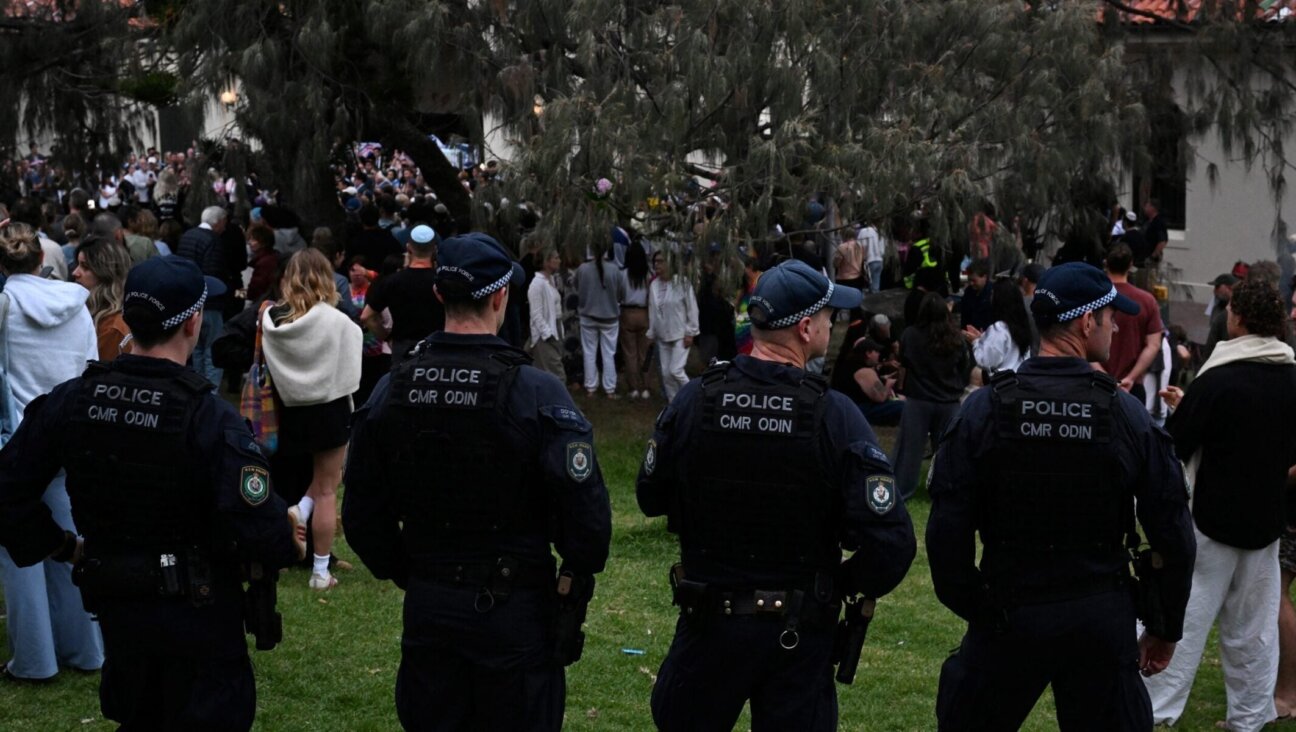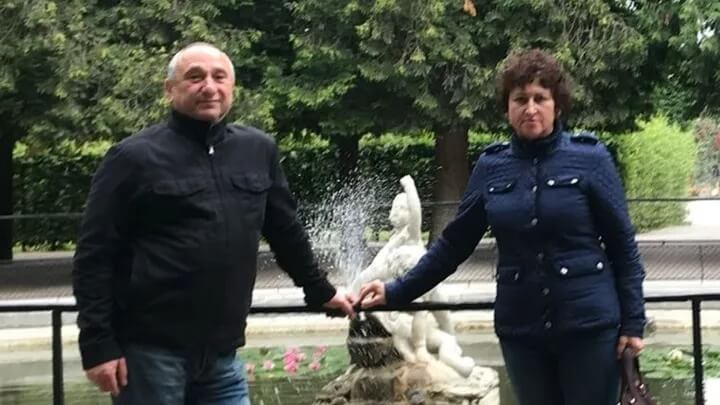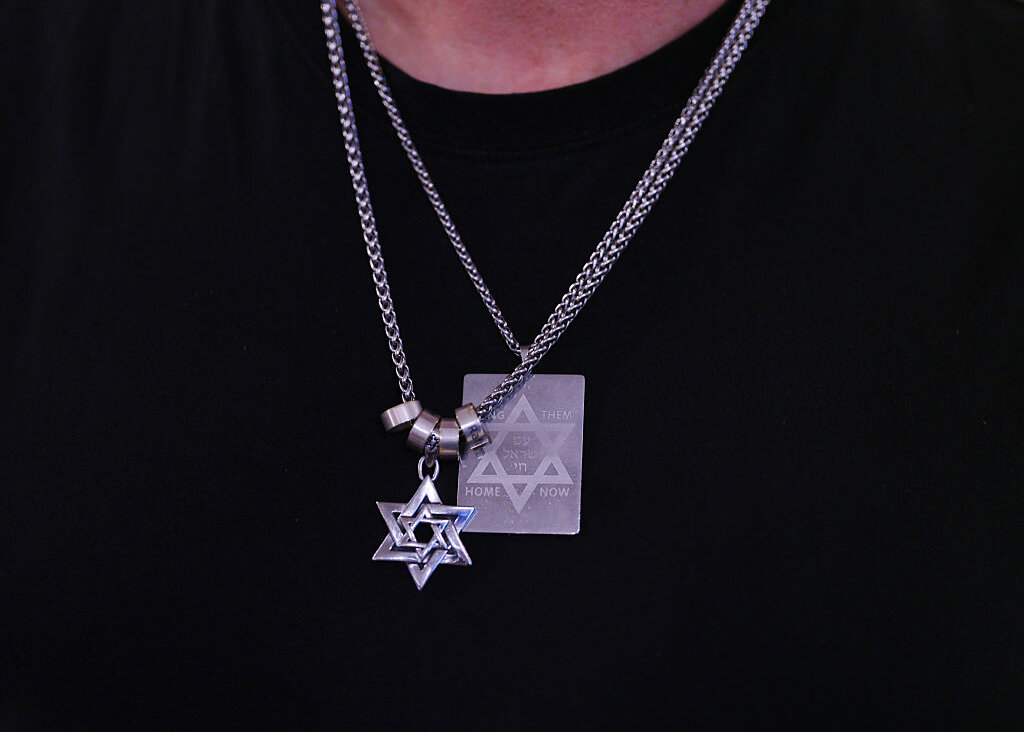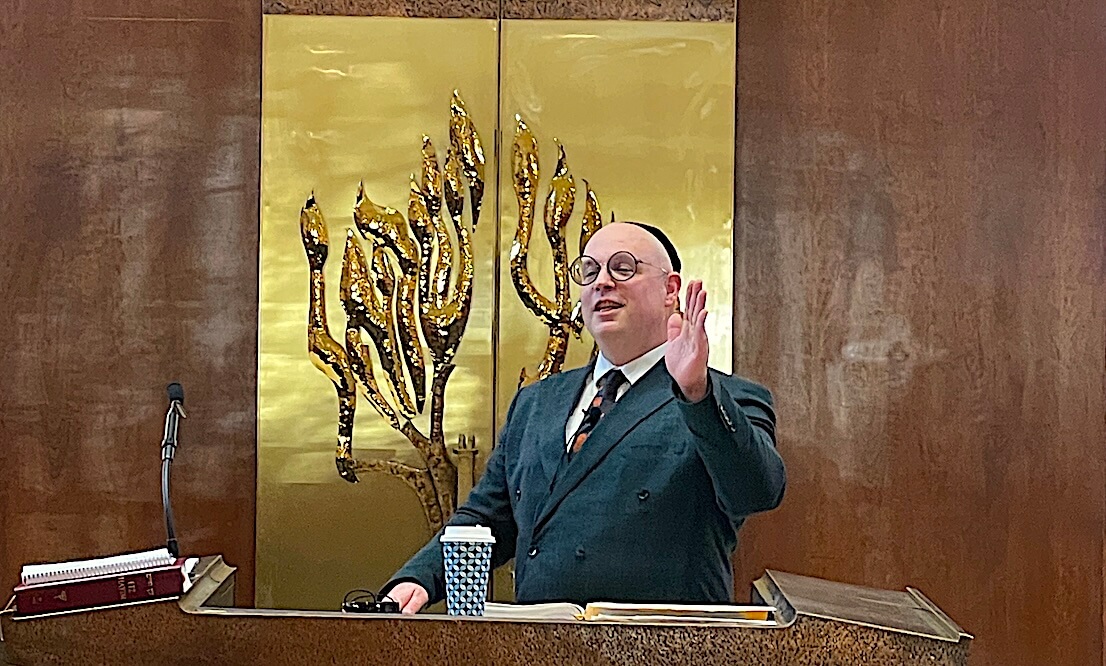U.N.’s Ban Ki-Moon Calls Gaza Destruction ‘Beyond Description’
Israel opened the border to the first truckloads of building materials for post-war reconstruction in Gaza on Tuesday and U.N. Secretary General Ban Ki-moon called the destruction in the Palestinian enclave “beyond description.”
Gaza was blockaded by Israel and Egypt for years before the most recent conflict, which ended in August after two months, because, they said, militants were using materials to build fortifications and tunnels under the border.
Israeli bombardment badly damaged or destroyed an estimated 20,000 homes in the war and Gaza’s power station and other major infrastructure were hit. Rebuilding could take years.
Ban toured areas that were heavily hit in the 50-day war, during which more than 2,100 Palestinians, most of them civilians, were killed. Sixty-seven Israeli soldiers and six civilians in Israel were killed by Hamas rockets and attacks.
After visiting a U.N. school at which 15 people were killed, Ban said the “enormous destruction in Gaza is a source of pain to me personally and is a shame to the international community.”
Under U.N. and Palestinian Authority monitoring, Israel said it was allowing in 600 tonnes of cement, 50 truckloads of gravel and 10 truckloads of steel for rebuilding homes and public buildings.
Palestinians said at least 200 tonnes of cement had reached Gaza through the Kerem Shalom crossing with Israel on Tuesday.
On his visit, Ban said: “I am committed to doing everything possible in my power to support political effort to finally end half century of occupation,” and he criticized both sides.
“The shelling of U.N. schools is absolutely unacceptable. These actions must be fully and independently investigated, I repeat my call for accountability,” he said.
“Rockets fired by Hamas and other military groups must end. They have brought nothing but suffering.”
More than 1.8 million Palestinians live in Gaza, an area about 40 km long (25 miles) and 10 km wide at its widest point.
On Monday in Jerusalem, Ban criticized Israel for its continued building of settlements on land the Palestinians seek for an independent state and urged both sides to return to meaningful negotiations as soon as possible.
At a conference in Cairo on Sunday, international donors had pledged a larger-than-expected $5.4 billion for Gaza’s reconstruction, although a large portion of that money will go to support the Palestinian budget, not directly to rebuilding.
During his visit, Ban met with members of the Palestinian unity government that was formed following an agreement in April between the Palestinian Authority, led by Fatah, and Hamas, the Islamist militant group that dominates in Gaza.
The unity government, which contains no Hamas members and is largely technocratic, met for the first time last week. It allowed for the Palestinian Authority to take over responsibility for administering Gaza, a step Israel wanted to see before allowing a freer flow of goods into the territory.
“We stand by you, the international community supports your government’s efforts to assume the security and governance responsibility in Gaza,” Ban said of the unity cabinet.
After leaving Gaza, he visited Kibbutz Nirim, an Israeli collective farm that borders on the Gaza Strip in an area that has been subjected to years of sporadic militant rocket and mortar fire until a truce halted the bombardment in August.
“I have repeated the saying that rocket attacks killing civilian population is not acceptable. It should (be) condemned. Nobody should live on the constant threat or fear by these rockets and the penetrating, alarming underground tunnels,” he said.
















